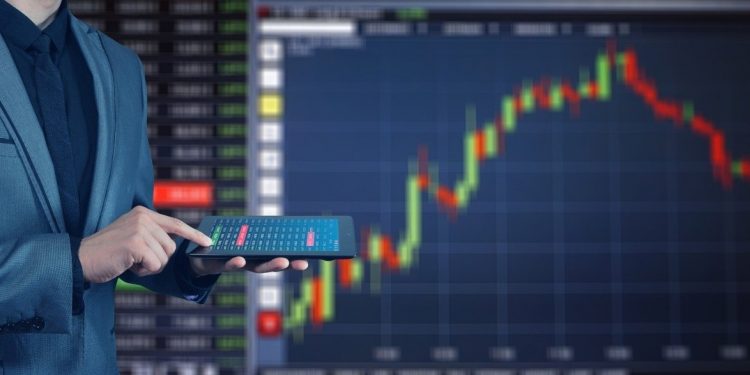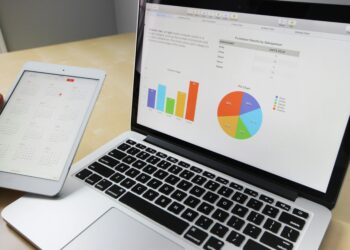Forex trading can be a lonely business. And while it’s well-suited for independent and ‘solopreneurial’ people, its individualistic nature makes mastering it difficult.
Where do you look if you want to find a mentor? How do you get help with a trading issue? Is there someone in your circle you can bounce ideas off? How do you really know if you’re trading strategy is performing well?
Underestimating how much this aspect of trading ca affect outcomes is one of the primary reasons why people give up on forex completely.
If you’re going to develop as a trader, you need to be able to ask – and answer – essential self-analysis questions like ‘what are the negatives of trading on my own?’ and ‘what steps can I take to minimise the downsides?’.
Understanding the potential disadvantages of forex trading will help you formulate a response, and improve your chances of success.
Trading alone: the downsides
Limited perspective
In almost any aspect of working life, it helps to have another pair of eyes. In forex trading, you typically see charts from one angle: your own.
Without a variety of perspectives, it’s hard to gain additional insights. Without differing opinions to challenge your thinking, and no alternative readings of a given situation, your thought processes can ossify and be strongly influenced by personal biases.
One trader may see an entry signal where another sees ample evidence to stay out. Without dialogue, you won’t develop the ability to sort the best course for action for yourself.
Personal bias
Whether we realise it or not, our backgrounds and individual experiences create biases that influence our thinking and the decisions we make. Forex trading is no exception.
Your decisions can be unconsciously biased by several factors: how successful you’ve been, the assets you prefer, how frequently you trade, and the setups that have worked in the past.
Personal bias can kill objective thinking, creating an environment where irrational elements like FOMO (fear of missing out), impatience, and greed can influence trading decisions.
Cognitive Distortion
In any situation where a person is isolated and vital decisions have to made quickly, negative thoughts can build up, creating a cascade of more negative thoughts, that grow in intensity.
That’s what we mean by the psychological term cognitive distortion. One example of this can be ‘catastrophising’, where, for example, a losing run of 4-5 trades causes you to declare yourself a forex failure – and quit.
By allowing a single event or a short-term phenomenon to alter your mindset and over-emphasise negatives, the mind shifts from logical to subjective and illogical decision making.
Maintaining motivation
For some people, sustaining the daily motivation to trade may not be an issue. For most of us, however, levels of motivation around any activity can vary. Self-motivation is essential – especially in forex trading where it helps to be energised and alert if you want to generate the best returns.
Forex trading needs discipline. You have to be disciplined and strict – with yourself.
Traders struggling to self-motivate have to address it as a matter of priority.
So you can see that trading on your won can throw up significant barriers to success. Letting them fester and grow could bring your trading career to a screeching halt.
But what can a solo trader do?
Make yourself accountable
Start by sharing your trading journal for the last week of trading with someone whose opinions you trust.
They don’t even need to be traders themselves – in fact; it may be better if they aren’t.
It will force you to explain the concepts and strategies you’ve used. If you can’t make it simple and clear for another person, perhaps you don’t fully understand it yourself (yet!).
Signing up for a brokerage trading account can also help. Alongside access to trading platforms like MT4, you’ll gain educational resources, commentary and analysis from market experts, access to economic calendars, and very often a 24/7 support line to answer questions when you do run into trouble.
Another way to up your accountability can be to use a social trading platform, where you can benchmark your performance against experienced traders you follow.
Gaining an outside view of what you’ve been doing can achieve wonders: provide missing perspective, take the wind out of cognitive distortions, and improve motivation.
That added accountability for your actions and support in times of confusion will strengthen your confidence and independence, creating an energised headspace to power your trading strategy and find more success.
Find that person, register for those platforms, and join that community – you’ll be creating a better foundation for successful solo trading.





















